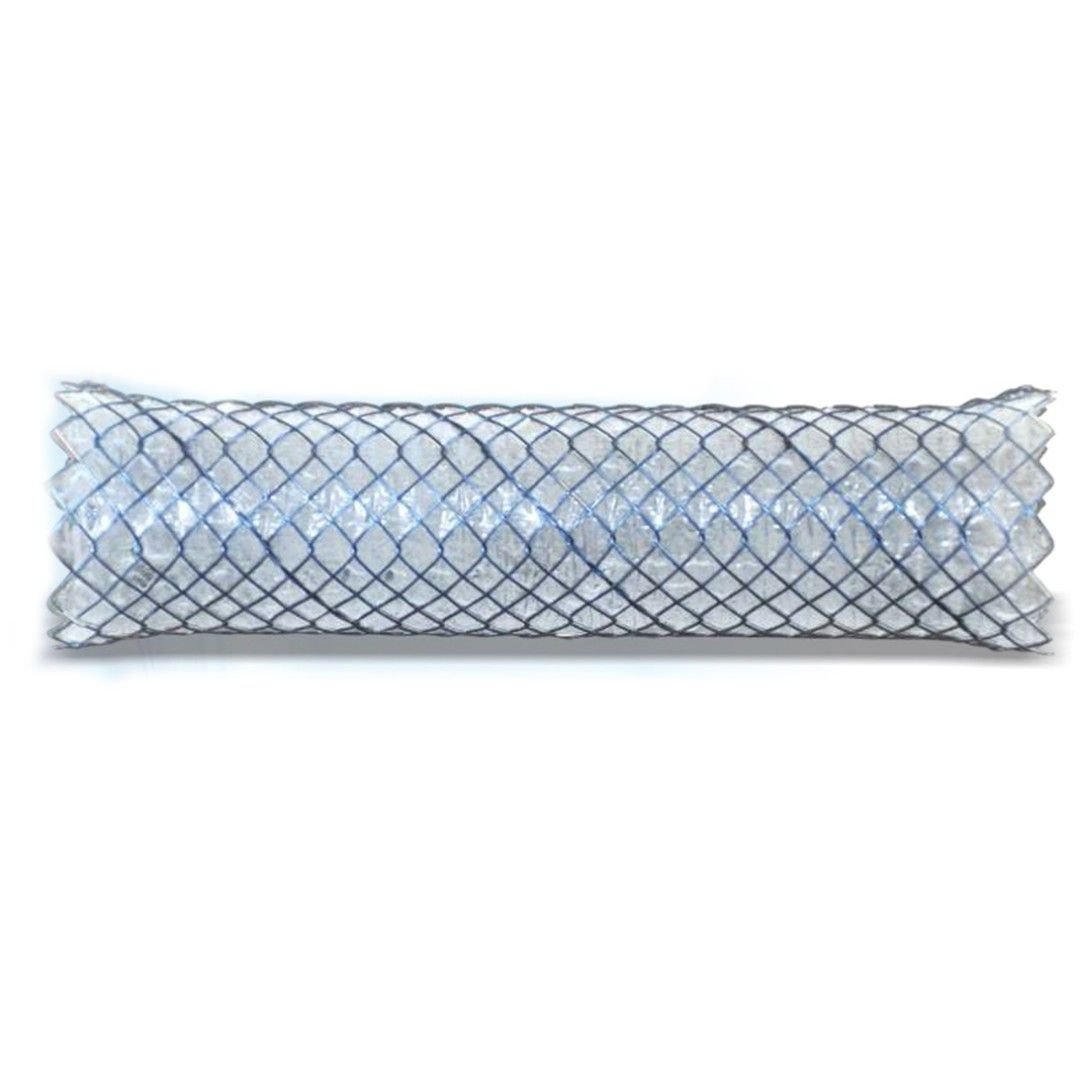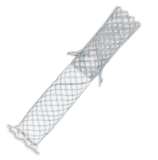Stents have revolutionized interventional cardiology and vascular surgery, offering minimally invasive solutions for maintaining vessel patency and treating a variety of occlusive conditions. B2B healthcare facilities seeking to optimize their interventional capabilities can leverage this comprehensive buying guide, meticulously crafted for global markets. Here, we delve into the intricacies of stents, empowering you to make informed choices that align with your specific patient needs and procedural requirements.
Understanding Stents and their Advantages
Stents are small, expandable tubular devices typically made of metal or biocompatible polymers. They are inserted into narrowed or blocked vessels via a minimally invasive catheter-based procedure. Once positioned, the stent expands, creating a scaffold that keeps the vessel open and restores blood flow. Compared to traditional surgical bypass procedures, stents offer several advantages:
- Minimally Invasive: Stent procedures are less invasive than open surgery, resulting in shorter hospital stays and faster recovery times for patients.
- Improved Patient Outcomes: Stents effectively maintain vessel patency, alleviating symptoms and potentially improving long-term patient outcomes.
- Versatility: Stents are available in various sizes, materials, and configurations to address a wide range of vessel types and blockages.
Key Considerations for B2B Buyers of Stents
- Material: Prioritize stents manufactured from high-quality materials with excellent biocompatibility and radiopacity. Common stent materials include bare-metal stents (BMS), drug-eluting stents (DES), and bioabsorbable stents (ABS).
- Delivery System: Evaluate the compatibility of the stent with your existing catheterization systems. Consider factors like balloon size, compatibility with guidewires, and ease of deployment.
- Size and Design: Select stents available in a variety of diameters and lengths to accommodate different vessel sizes and anatomical variations. Explore features like stent flexibility to conform to vessel curvature and radiopaque markers for precise positioning during procedures.
- Radial Force and Flexibility: Consider the stent’s radial force, which determines its ability to resist vessel recoil. Evaluate flexibility for smooth navigation through tortuous anatomy.
- Clinical Data and Reputation: Prioritize stents supported by clinical data demonstrating safety and efficacy. Look for manufacturers with a strong reputation for research and development, committed to advancing stent technology.
Types Of Stents
- Bare-Metal Stents (BMS): These stents are constructed from a permanent metallic mesh, typically stainless steel or cobalt-chrome. They provide a durable scaffold to hold the vessel open and restore blood flow. BMS offer long-term vessel support and are generally less expensive compared to other stent types.
- Drug-Eluting Stents (DES): DES are similar to BMS in structure but incorporate a drug coating that elutes over time. This drug typically belongs to the class of anti-proliferative drugs, which suppress cell growth and minimize the risk of restenosis. DES significantly reduce restenosis rates compared to BMS, leading to improved long-term patency and potentially fewer repeat procedures.
- Bioabsorbable Stents (ABS):ABS are a novel type of stent designed to dissolve or degrade naturally within the body after fulfilling their function of supporting the vessel for a specific period. This eliminates the need for a second procedure to remove a permanent metallic stent. ABS offer the potential for improved long-term outcomes by eliminating the presence of a permanent foreign object in the vessel. They may also reduce the risk of stent thrombosis (blood clot formation on the stent).
The choice of stent type depends on various factors such as the severity of the blockage, vessel characteristics, patient risk factors, and physician preference. Consulting with an interventional cardiologist or vascular surgeon is crucial to determine the most appropriate stent type for each individual case.
Leading Stent Manufacturers
Medorah Meditek Pvt. Ltd.
Experience superior respiratory support with the JAVASTENT® Tracheal/Bronchial Stent by Medorah Meditek Pvt. Ltd., a leader in high-quality medical devices. This innovative stent is expertly designed for the effective treatment of inoperable tracheobronchial strictures, whether malignant or benign. Its unique closed-cell structure and silicone coating prevent tissue in-growth, ensuring airway patency and reducing complications.
The JAVASTENT® not only prevents tissue growth but also prioritizes patient safety and comfort with its smooth, rounded edges. These features minimize tissue trauma and the risk of perforation during stent placement, making it a preferred choice for healthcare professionals globally in managing complex respiratory conditions.
Mitra Industries Private Limited
The Partially Covered Stent for Hepaticogastrostomy from Mitra Industries Private Limited stands out in medical device innovation, combining safety and effectiveness for gastroenterology procedures. This stent features a finned design to prevent outward migration and a wide proximal flare end that effectively stops inward migration, ensuring stable placement and patient comfort.
Enhanced with re-capturing properties that allow for up to 80% repositioning during deployment, this stent provides exceptional control and flexibility for medical professionals. Mitra Industries’ commitment to quality, backed by numerous certifications, makes this stent a reliable choice for healthcare facilities aiming to improve patient outcomes with cutting-edge technology.
Selecting the right stents for your B2B healthcare facility requires careful consideration of various factors. This buying guide has equipped you with the knowledge to navigate the diverse stent landscape and make informed choices that prioritize patient outcomes, procedural success, and cost-effectiveness. Remember, staying current with regulatory requirements and consulting with medical professionals are crucial steps for successful stent implementation within your facility. With the right stents in place, you can empower your team to deliver exceptional interventional care.
Disclaimer: This buying guide provides general information and should not replace professional advice and guidance.


